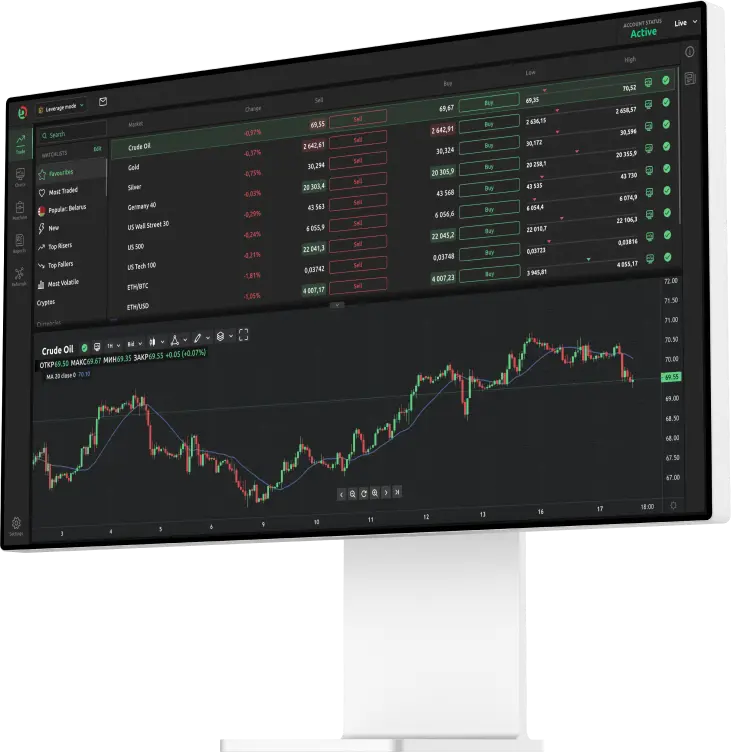Black swan events are rare catastrophic events that bring down economies – and Covid-19 isn’t one of them

Contents
- What is the black swan theory?
- Black swan event examples
- The man who invented the black swan theory
- How to use the black swan theory
- FAQs
What is the black swan theory?
Black swan events are highly improbable, difficult to predict incidents that end up having drastic consequences. These events have such magnitude that they can bring down economies, societies and people. Of course, the Covid-19 pandemic may be the first example that springs to mind. But you may be surprised to know that the coronavirus outbreak is not classed as a black swan event.
Why? Well, the man who coined the black swan theory in 2007, Nassim Nicholas Taleb, said there were three key ingredients that contributed to such an event: it is so rare that no one could have even anticipated it, its effects are catastrophic, and it is regarded as predictable in hindsight.
In interviews given when the coronavirus pandemic worsened in March 2020, Taleb described the outbreak as “preventable”. Last year, he told Bloomberg that he is “irritated” about the misconception of covid as being a black swan event because goverments had in fact been previously warned about being prepared for such a crisis. Instead, Taleb believes the pandemic is a “white swan: something that would eventually take place with great certainty”. He said: “Such [an] acute pandemic is unavoidable, the result of the structure of the modern world; and its economic consequences would be compounded because of the increased connectivity and over-optimisation.” In another interview with The New Yorker, he said that black swan had become “a cliché for any bad thing that surprises us”.
So with the obvious current situation out of the way, just what is a black swan event?
Black swan event examples
Ironically, Taleb wrote his book about the black swan theory a year before an event that illustrated his point perfectly: the 2008 financial crisis. It was a downturn so big that Lehman Brothers made the largest bankruptcy filing in history – with 25,000 people losing their jobs and $46bn of the institution’s market value vanishing. The impact was also felt across the global equity markets, with $10trn wiped out. If you want black swan theory explained, this recession ticks all of the boxes: no one could have anticipated Lehman Brothers collapsing, the economic ramifications were massive, and experts now argue that the warning signs were in place before disaster struck.
There are many black swan event examples outside of the financial markets, too. No one could have guessed that the twin towers of the World Trade Center would have been targeted on 11 September 2001. The consequences were dire – 2,996 people were killed, and it triggered a war on terror. And after the fact, some argued it was predictable given how Osama bin Laden had founded al Qaeda 13 years earlier, airlines and airports were told to be on high alert in 1998, and intelligence agencies had warned that bin Laden was determined to strike America.
Black swan events can also be political – and results such as Trump’s victory in the 2016 presidential election, not to mention the UK voting to leave the European Union that same year – could be interpreted as falling nicely into the black swan theory. Even personal matters, such as losing a loved one in a freak accident, apply.
It is also worth bearing in mind that the black swan theory isn’t confined to negative events. JK Rowling, who wrote her Harry Potter series in cafés while on welfare and suffered countless rejections from publishers, had her own black swan event when her wizarding world captured the imagination of millions of people, and she now has an estimated net worth of £820m ($1.12bn).
The man who invented the black swan theory
Lebanese scholar and former Wall Street trader Nassim Nicholas Taleb released his book – The Black Swan: The Impact of the Highly Improbable (Penguin) – in April 2007. The author argued that the best way to mitigate a black swan event is not to try and predict it, but rather to build resilient systems that can reduce their likelihood even further. For example, stress tests are now a common occurrence in the banking world – simulations that see whether a financial institution could survive another crisis like in 2008 – but some central banks, like the Bank of England, only began these exercises several years after the recession took place.
Taleb also used a witty example to show that surprise events depend on a person’s perspective or position. Whereas being slaughtered for Thanksgiving would be a black swan event for a turkey, it wouldn’t be for the butcher doing the killing. Tying into the point of enforcing preventative measures, Taleb says the goal is to “avoid being the turkey”.
How to use the black swan theory
From an investment standpoint, there are several ways to capitalise on black swan events and prevent portfolios from suffering catastrophic losses when they occur. These tips include:
- Accept that these events will happen.
By understanding the market, you’ll appreciate that black swan events are a fact of life. Removing the element of surprise from your response means you can calmly and rationally decide what action to take.
- Seize the opportunities they provide.
If the stockmarket crashes and share prices tumble because of an unpredictable event, this could be a good time to invest in resilient companies. When a recovery eventually happens, investors can sell high because they bought low.
- Embrace diversification.
Those who suffer the worst consequences from a black swan event are people who had all of their eggs in one basket. By splitting capital across multiple investments with varying levels of risk, mitigating the impact of an unexpected downturn becomes possible.
FAQs
‘Black swan’ comes from an old Western mistaken belief that all swans were white and black swans did not exist. Now ‘black swan event’ is a term that is used to define a rare and improbable situation, but with catastrophic consequences.
The 2008 financial crisis. It was a downturn so huge that Lehman Brothers made the largest bankruptcy filing in history – with 25,000 people losing their jobs and $46bn of the institution’s market value vanishing. It consequently led to $10trn being wiped off the global equity markets.
As a fact of life, they happen frequently. On a larger global scale, the bigger and more catastrophic black swan events like the 2008 global recession, Brexit and Fukushima nuclear disaster, happen every few years.
Sadly, nobody can know that until it happens.

